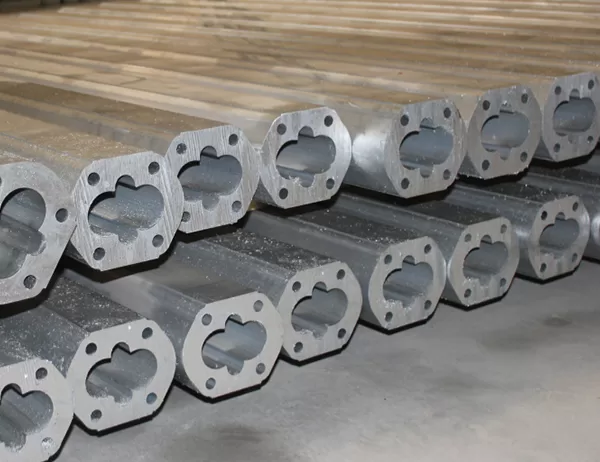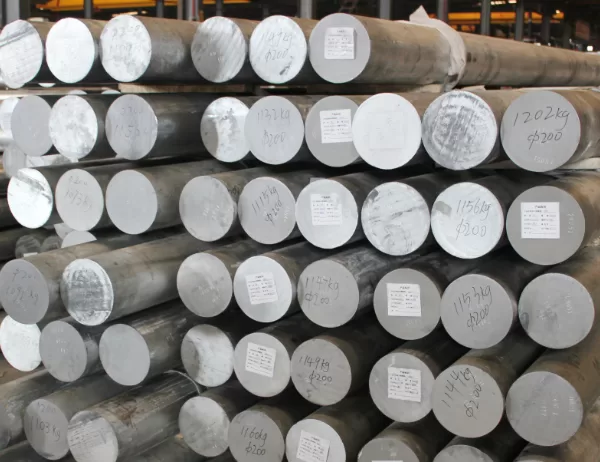When it comes to installing solar panels on your property, choosing the right frame material is crucial for the longevity and efficiency of your system. Aluminum solar frames have emerged as a popular option, offering several advantages over other frame materials. This article will delve into the distinct characteristics of aluminum solar frames and compare them to alternative materials like steel, plastic, and galvanized steel to help you make an informed decision.
One of the most significant advantages of aluminum solar frames is their exceptional corrosion resistance. Aluminum is a non-ferrous metal, meaning it does not contain iron, which makes it highly resistant to rust. This is particularly important for solar frames, as they are exposed to harsh outdoor conditions and potential moisture. Rust can weaken the frame, compromising the structural integrity of the solar panel system. Conversely, steel frames are susceptible to corrosion over time, especially in humid environments or coastal regions.
Aluminum is an incredibly lightweight material, making aluminum solar frames easy to install and handle. Reduced weight translates into lower transportation costs and less strain on the supporting structure of the roof or ground mount system. Despite being lightweight, aluminum frames are also highly durable and robust. They can withstand extreme temperature fluctuations, snow loads, and wind gusts without compromising their structural integrity. Plastic frames may be lighter but lack the strength and rigidity of aluminum, while galvanized steel frames can be heavier and more difficult to work with.
Aluminum is an environmentally sustainable material that is 100% recyclable. In fact, recycled aluminum content is often used in the production of solar frames, reducing the carbon footprint and environmental impact. The recyclability of aluminum allows for efficient disposal at the end of the solar frame’s lifespan. Other frame materials, such as plastic, may not be as easily recyclable or may have a limited lifespan, leading to increased landfill waste.
Cost is an important factor to consider when choosing solar frame material. Aluminum solar frames generally fall within a mid-range price category, offering a balance between affordability and durability. Steel frames may be slightly more expensive, while plastic frames can be relatively inexpensive but may have shorter lifespans. Galvanized steel frames offer similar pricing to aluminum but may have a more industrial appearance. Aluminum frames are available in various colors and finishes, allowing for aesthetic customization to complement the design of your property or roof.
Choosing the right solar frame material is crucial for maximizing the performance and durability of your solar panel system. Aluminum solar frames stand out as an advantageous option due to their exceptional corrosion resistance, lightweight and strength, sustainability, and versatility. While other frame materials may have specific advantages, aluminum offers a balance of benefits that make it a reliable and cost-effective choice for your solar investment.




